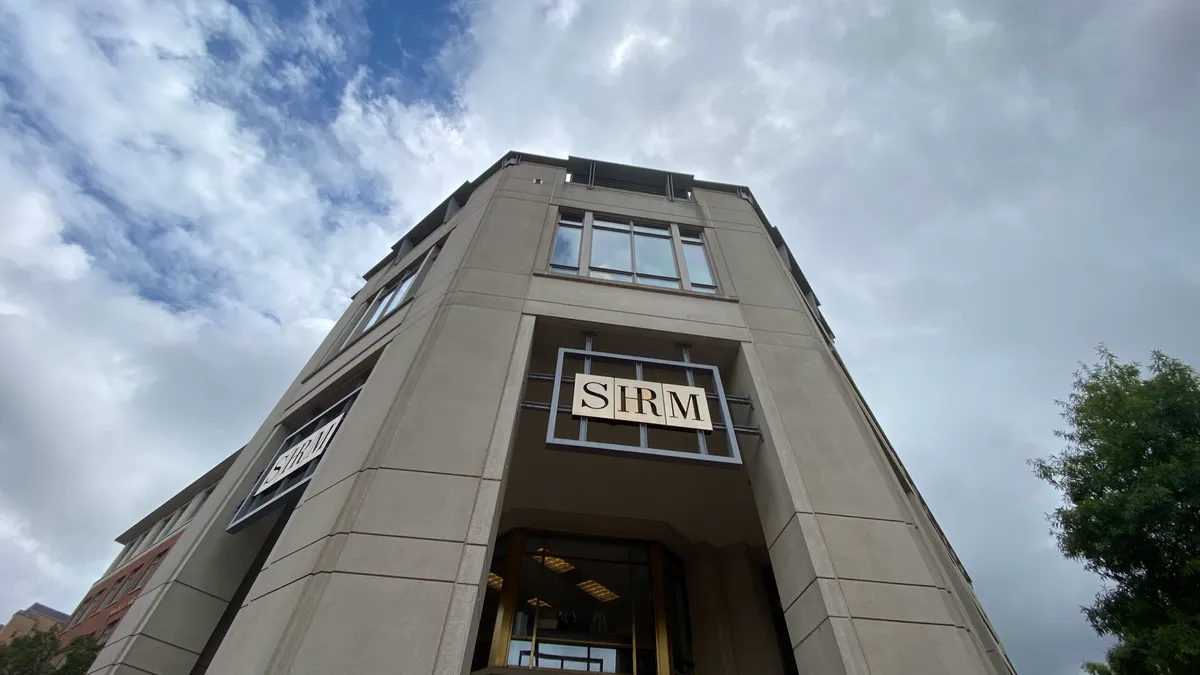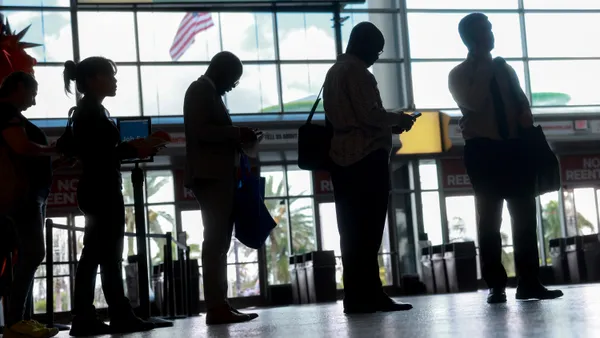Dive Brief:
- After employee requests and a petition, United Parcel Service Inc. (UPS) has revised its longstanding uniform and appearance guidelines to allow a "wider array" of hairstyles, facial hair and "other personal appearance preferences," a company representative told HR Dive Nov. 12 in an emailed statement.
- UPS no longer bans employees, in particular those in contact with customers such as delivery drivers, from wearing beards or natural hairstyles including Afros, braids and locs, according to internal documents reviewed by The Wall Street Journal (WSJ); many of the previously banned natural hairstyles are considered inherent to Black identity, experts have said. Some UPS drivers also created a petition pushing for the right to wear beards: "It's the 21st century and it's time for a change in the dress code," the petition stated. The policy changes also eliminate gender-specific rules, WSJ reported.
- "Our CEO Carol Tomé listened to feedback from employees and heard that changes in this area would make them more likely to recommend UPS as an employer," the company told HR Dive. Tomé, the first woman to become CEO at UPS in 113 years, began her role June 1. UPS said its changes reflect the company's desire for employees to "feel comfortable, genuine and authentic while providing service to our customers and interacting with the general public."
Dive Insight:
Company policies that prevent employees from wearing race based or natural hairstyles is a form of discrimination, according to the CROWN Coalition (Creating a Respectful and Open World for Natural Hair), the group behind the CROWN Act, which some states have adopted. The law aims to prevent bias over hair texture and hair type, and protects the right to wear protective hairstyles such as braids, locs, twists and knots in the workplace and public schools.
California became the first state to pass the CROWN Act in 2019. Six other states — Colorado, Maryland, New Jersey, New York, Virginia and Washington — have also signed their own versions into law. The U.S. House of Representatives passed the CROWN Act (HR 5309) Sept. 21 but it has not passed the Senate.
Natural hairstyles protected by the CROWN Act are traditionally associated with Black individuals, Devjani Mishra, employment law attorney for Littler Mendelson, previously told HR Dive. Banning these hairstyles at work is also race discrimination, Mishra said. A 2019 survey by Dove, co-founder of the CROWN Coalition, found that Black women were 80% more likely to change their natural hair to meet expectations at work.
UPS, which is no stranger to race discrimination claims, acknowledged that workforce members wanted more control over their appearances. Workers are actually more productive if they can be their authentic selves, a University of Arkansas study found. For example, Randstad, a recruitment and HR solutions firm, encourages its employees to be authentic, even in a telework environment during the COVID-19 pandemic, Floss Aggrey, vice president of diversity and inclusion at Randstad Sourceright, previously told HR Dive. "At Randstad our executive leadership team, the C-suite, is really prompting us to be more authentic about how we feel," Aggrey said. "If your basic needs are not being met, it becomes that much more stressful to have to put on a mask."















